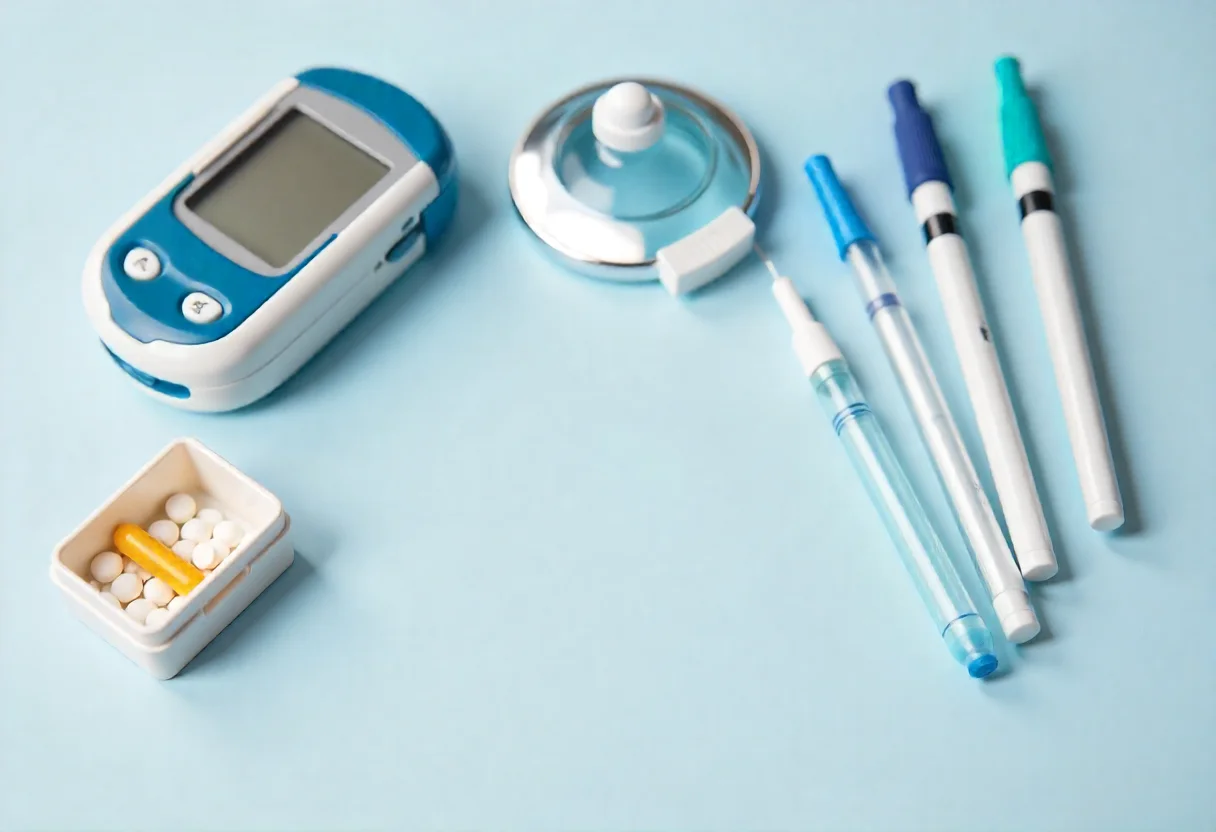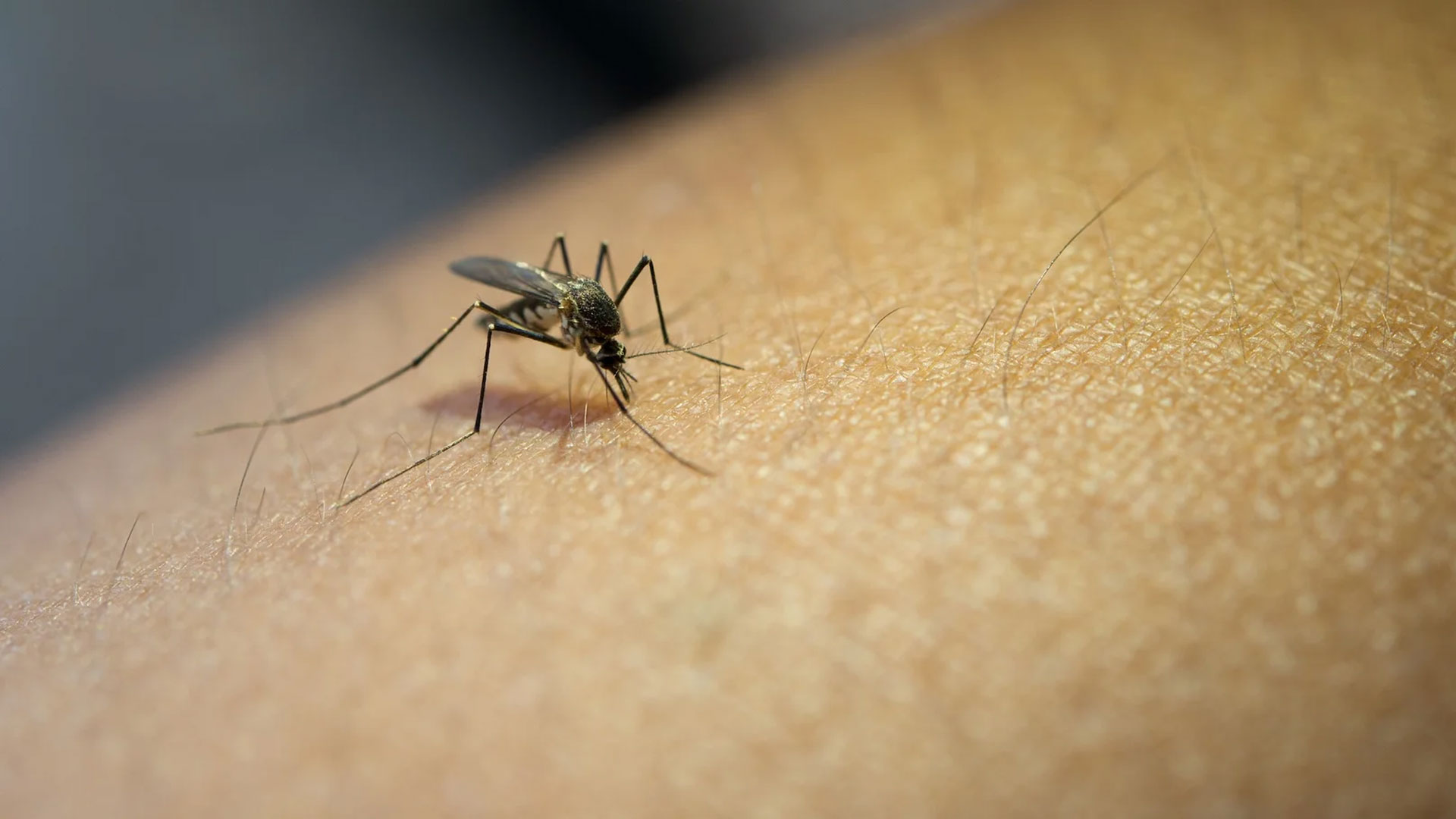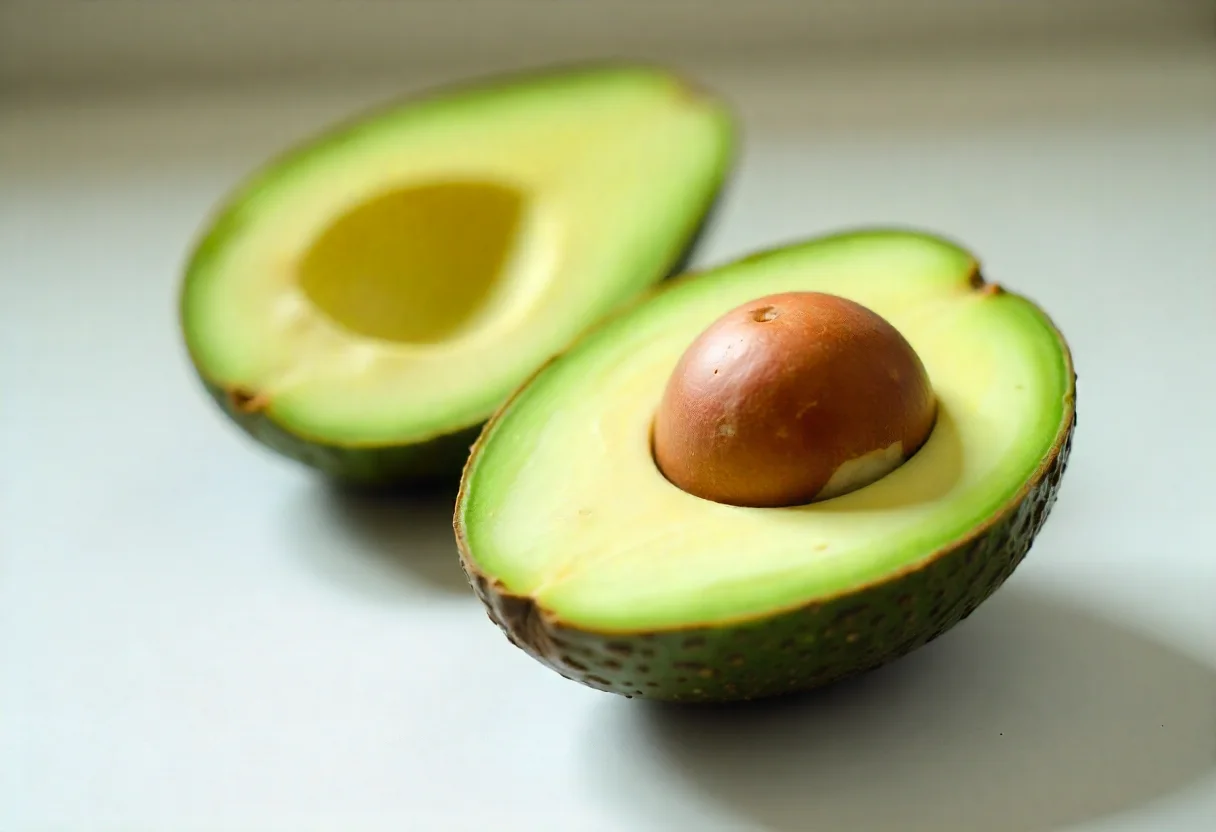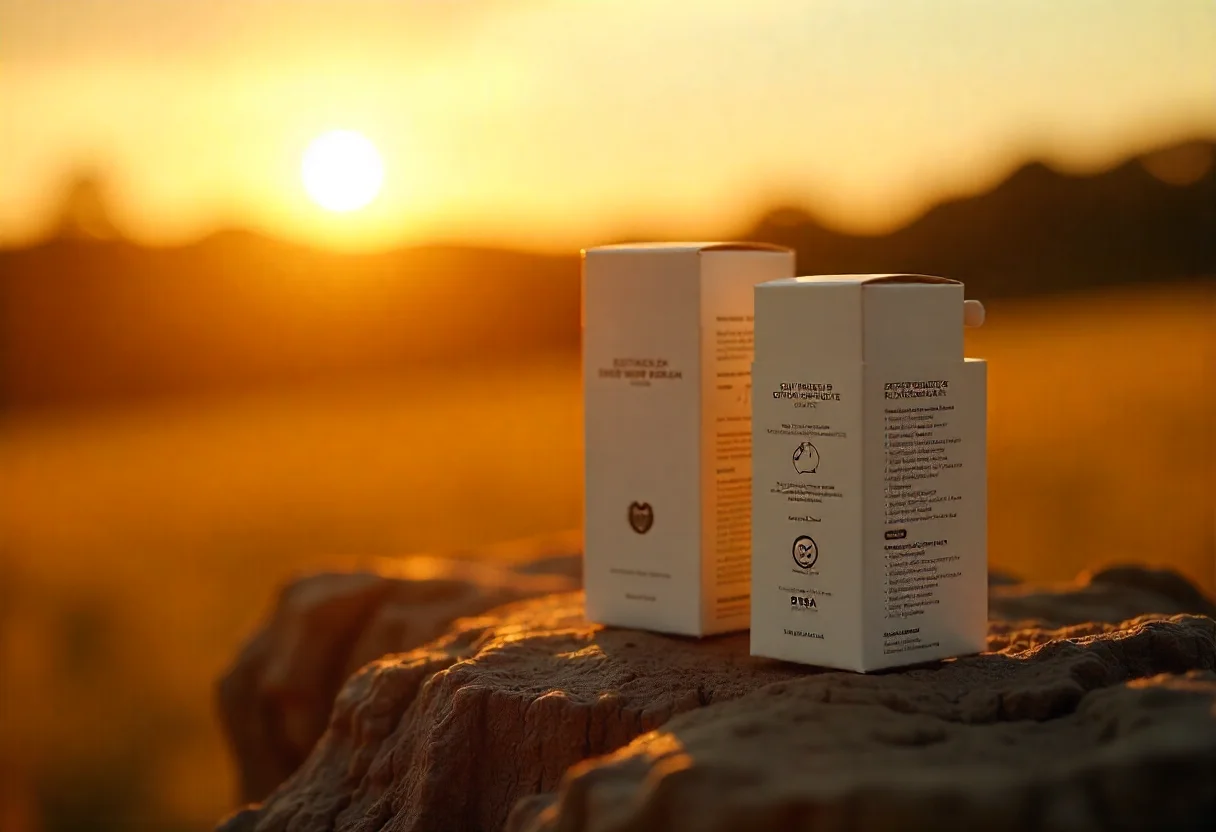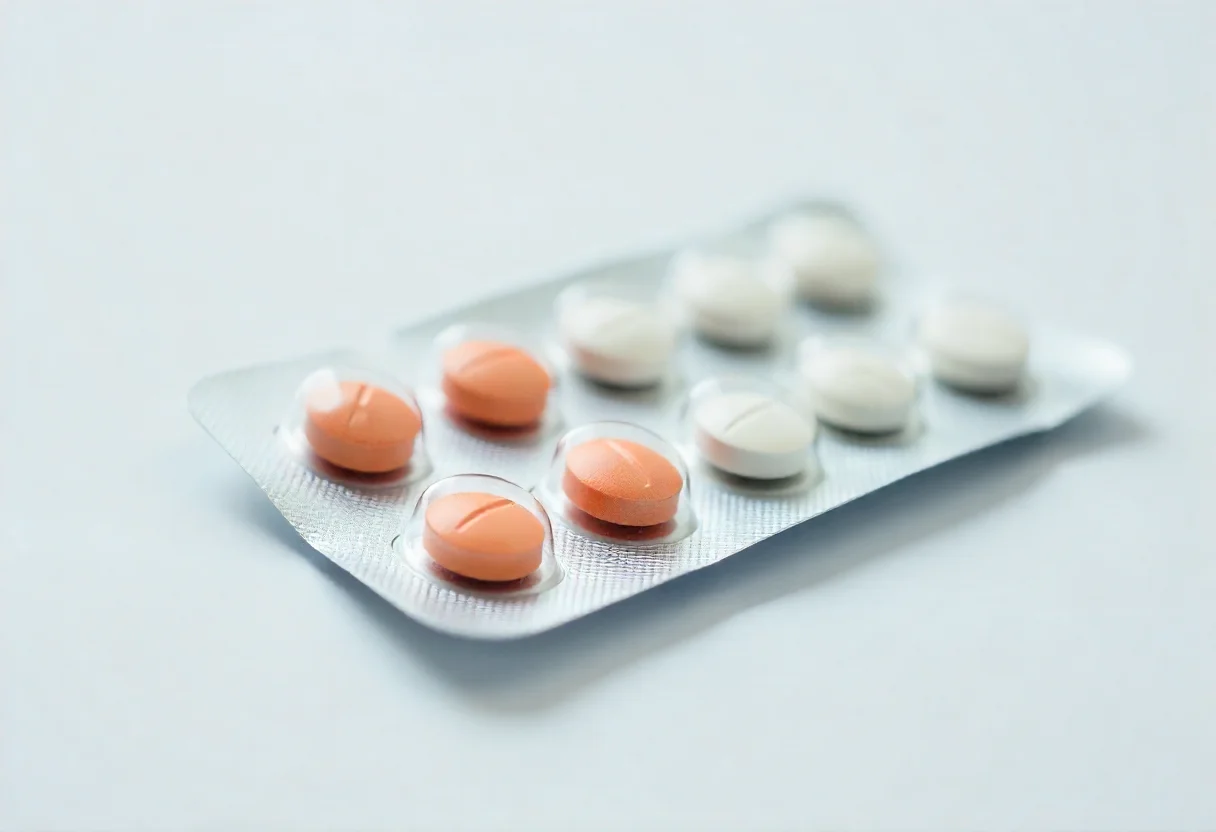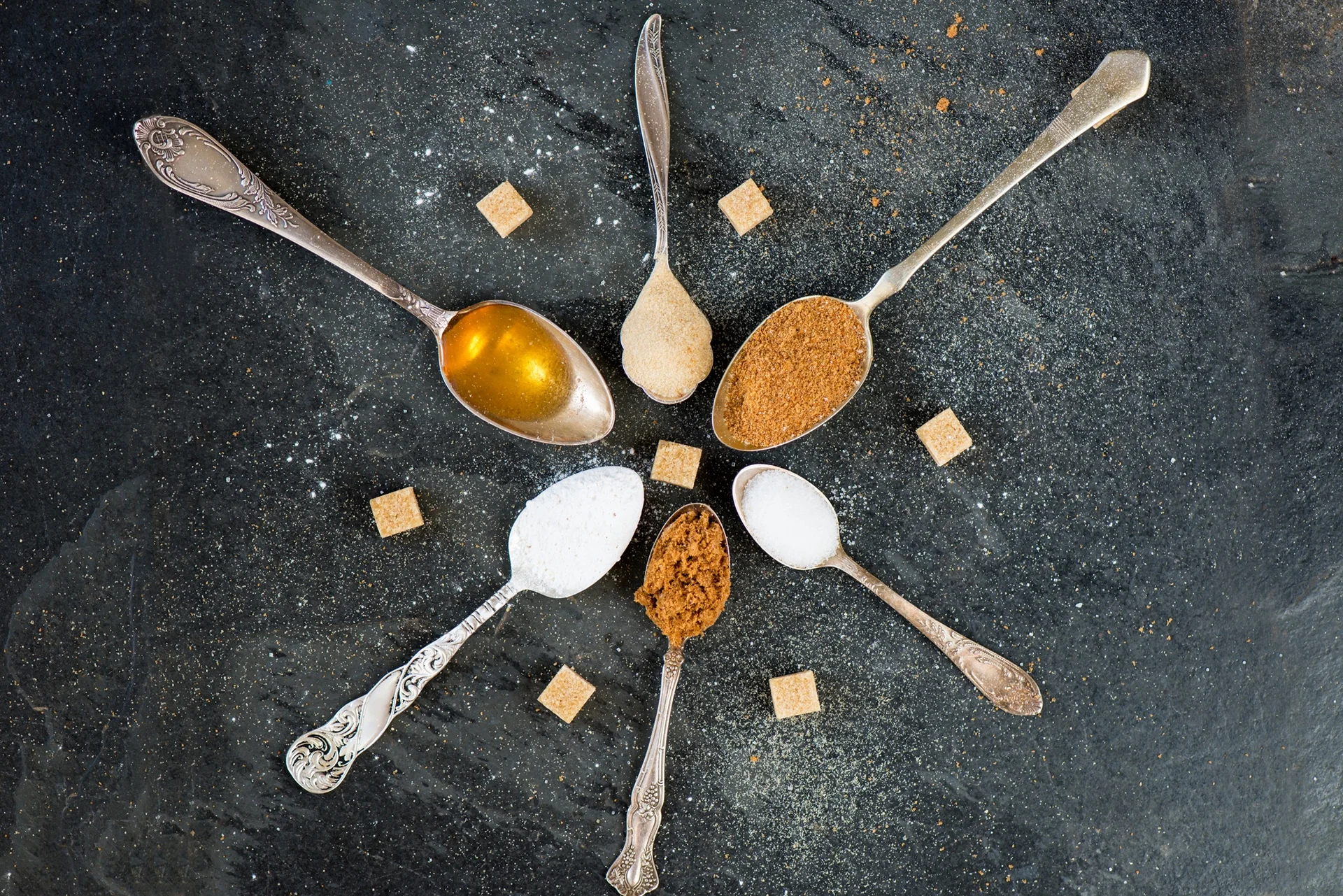
| Sweetener | Health Effects |
| Stevia | Does not raise blood sugar, derived from a natural plant source |
| Honey | Contains antioxidants, but excessive consumption can be harmful |
| Date Syrup | Natural sugar source, rich in vitamins and minerals |
| Maple Syrup | Natural sweetener with a low glycemic index |
| Erythritol | Low-calorie, minimal impact on blood sugar |
| Aspartame | If taken in excess, may have negative effects on the nervous system |
| Saccharin | May negatively affect gut microbiota |
| Cyclamate | Banned in some countries, may have toxic effects |
| High-Fructose Corn Syrup | May contribute to insulin resistance and obesity |
| Sucralose | May negatively affect gut microbiota |
In recent years, many people have been trying to reduce or completely cut out sugar. The main reason behind this trend is the strong link between sugar consumption and a range of health issues such as obesity, diabetes, and heart disease. But are the sweeteners we turn to in order to curb our sugar cravings really safe? Is everything labeled “natural” healthy, and is every artificial product harmful? Let’s take a closer look together.
Sweeteners Considered Healthy
Sweeteners are generally divided into two main groups based on their impact on health: those considered natural and safe, and those carrying potential health risks. Here are some of the most commonly used and safe sweeteners:
Stevia
- What is it? A natural sweetener derived from a plant native to South America.
- Health effects: Contains no calories and does not raise blood sugar levels.
- Extra info: Especially ideal for people with diabetes and those managing their weight.
Honey
- What is it? A natural sweetener produced by bees.
- Health effects: Contains antioxidants and supports the immune system.
- Note: Can be harmful if consumed in excess due to its high sugar content.
Date Syrup
- What is it? A natural sweetener obtained by pressing dates.
- Health effects: Rich in vitamins and minerals, a natural source of sugar.
- Extra info: Can be a healthy alternative to refined sugar, especially for children.
Maple Syrup
- What is it? Made by boiling the sap of maple trees.
- Health effects: A natural sweetener with a low glycemic index.
- Extra info: A healthier alternative to refined sugar due to its mineral content.
Erythritol
- What is it? A sugar alcohol naturally found in some fruits.
- Health effects: Low in calories and has virtually no effect on blood sugar levels.
- Extra info: Leaves a cooling sensation in the mouth and is tooth-friendly.
Sweeteners That May Pose Health Risks
Despite being low in calories, some sweeteners are considered controversial due to their potential negative health effects. These should be consumed with caution:
Aspartame
- What is it? A synthetic (artificial) sweetener commonly found in diet drinks.
- Health effects: May have negative effects on the nervous system when consumed in excess.
- Note: Some studies link it to conditions such as MS and migraines.
Saccharin
- What is it? One of the oldest artificial sweeteners.
- Health effects: May negatively impact gut flora.
- Extra info: Once banned due to cancer risk concerns, it is now allowed in limited quantities.
Cyclamate
- What is it? A synthetic sweetener banned in some countries.
- Health effects: Animal studies have shown potential toxic effects.
- Note: It is allowed in Turkey, but banned in countries like the U.S.
High-Fructose Corn Syrup (HFCS)
- What is it? A type of sugar syrup made from corn starch.
- Health effects: Can increase insulin resistance and is linked to obesity.
- Extra info: Often listed as “glucose-fructose syrup” or “high-fructose corn syrup” in packaged foods.
Sucralose
- What is it? An artificial sweetener made from sugar.
- Health effects: May negatively affect gut microbiota.
- Extra info: Commonly used in cooking due to its heat resistance.
Things to Consider When Using Sweeteners
When choosing a sweetener, pay attention to the following points:
- Read labels carefully: “Sugar-free” doesn’t always mean healthy.
- Avoid overconsumption: Even safe sweeteners can be harmful in excess. Know the acceptable daily intake levels.
- Consider your personal health condition: Especially if you have diabetes or metabolic syndrome, consult your doctor before consuming sweeteners.
- Special populations: Be cautious about sweetener use in children and pregnant individuals—some types may not be recommended.
Conclusion: Don’t Give Up on Sweets or Your Health
Sweeteners have become an inevitable part of our lives. However, what truly matters is making informed choices. Not every “diet product” is healthy, and not everything “natural” is safe. That’s why reading labels, understanding ingredients, and observing how your body responds are crucial.
Remember: The key to a healthy life lies in balance, conscious consumption, and accurate information.


